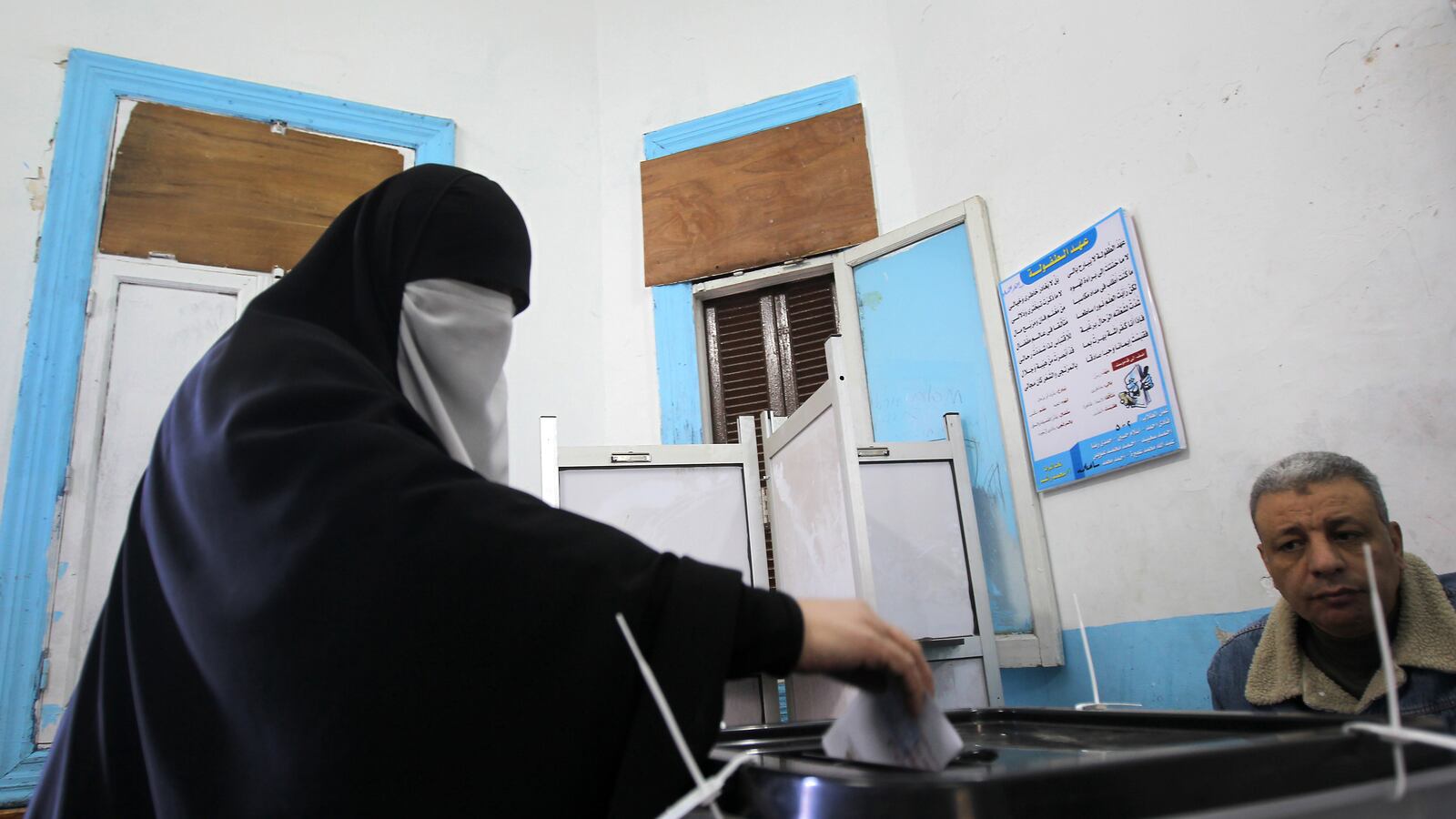
My National Post column reflects on the Canadian Supreme Court's ambiguous ruling on the niqab.
If it’s your job to clean the room, you shouldn’t leave a bigger mess than you started with.
But that alas is exactly what the Supreme Court of Canada has done with its decision in the niqab case, more formally known as R. v. N.S.
The reason to have a Supreme Court is to lay down rules of law that lower courts can follow. When the high court answers a yes-or-no question as, “you go figure it out,” it abdicates its responsibility and wastes everybody’s time.
In the niqab case, the Supreme Court faced a painful problem. How should courts reconcile the following three conflicting principles?
1. The Canadian legal tradition requires an accuser to face the accused in open court. The word “face” is literal. Courts are often called upon to assess credibility. Human beings determine the credibility, not only by the words said, but the body language and facial expressions that accompany those words.
2. Canada also accords wide leeway to religious belief. Some versions of Islam prescribe that women are required to cover their faces in public places, including court rooms. While other Islamic authorities dispute this belief, it is not the business of the courts of Canada to decide what is and what is not appropriately Islamic.
3. Canadians are generally mistrustful of rules that subordinate or demean women. Most of us would agree that veiling does just that. Veiling takes for granted that women are sexual objects first and foremost, and assigns to women all the onus and burden of preventing sexual misconduct.
Tough problems. So what’s the answer?
The answer from the court amounts to an order to lower courts to … keep guessing. The high court will tell them when they are getting warmer, and when they are getting colder. Sometimes niqab in court will be OK. Sometimes niqab will not be OK. Which is which will depend on the answers to a series of intricate and even unanswerable questions:
Read the entire column at the National Post.






